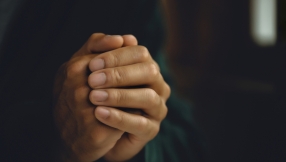Chinese Government continues clamp-down on Christianity
Late last year the Chinese government set up an office to cut down the Falun cult, and they have now extended this office’s size and workings. The office will now deal with unauthorised religious groups also; however, the authority seems to be labelling them arbitrarily as “cults”.
Forum 18, and other persecution watch-dogs reported last month that there were more censorships being imposed by the Chinese government over internet sites and the publication of religious books.
The new harsher direction the Chinese government is taking can be evidenced clearly by the waves of arrests that have occurred in recent months. July saw the arrest of approximately 100 House Church Christians in the remote Xinjiang province.
Most were later released, but Luo Bing Yin, a leader of the Ying Shang Christian movement was imprisoned. Jin Da, the general secretary of the Three Self Patriotic Movement Church, which is state-controlled, was also detained after being present at the meeting.
Also in July, a further 40 church leaders were arrested at a training seminar in Cheng Du, Sichuan province. Following this, in August around 100 House Church Christians meeting for a summer retreat in the Henan province were gathered up by 200 military police and Public Security Bureau (PSB) officers. All of these Christians were arrested or placed under close scrutiny.
China’s Catholic underground has also been the target of authority hits recently. Eight priests were detained in a raid on an unofficial Catholic retreat in Hebei province in mid-August. Earlier in May, three other Catholic bishops were arrested which sparked a protest from the Vatican.
Many observers are now saying that the situation is becoming increasingly worrying and that China is “headed back down a dead-end road unsuited to its diverse cultural and religious landscape,” and “entirely at odds with its responsibility as a member of the United Nations Security Council to propagate freedom of religion and belief within her borders.”













